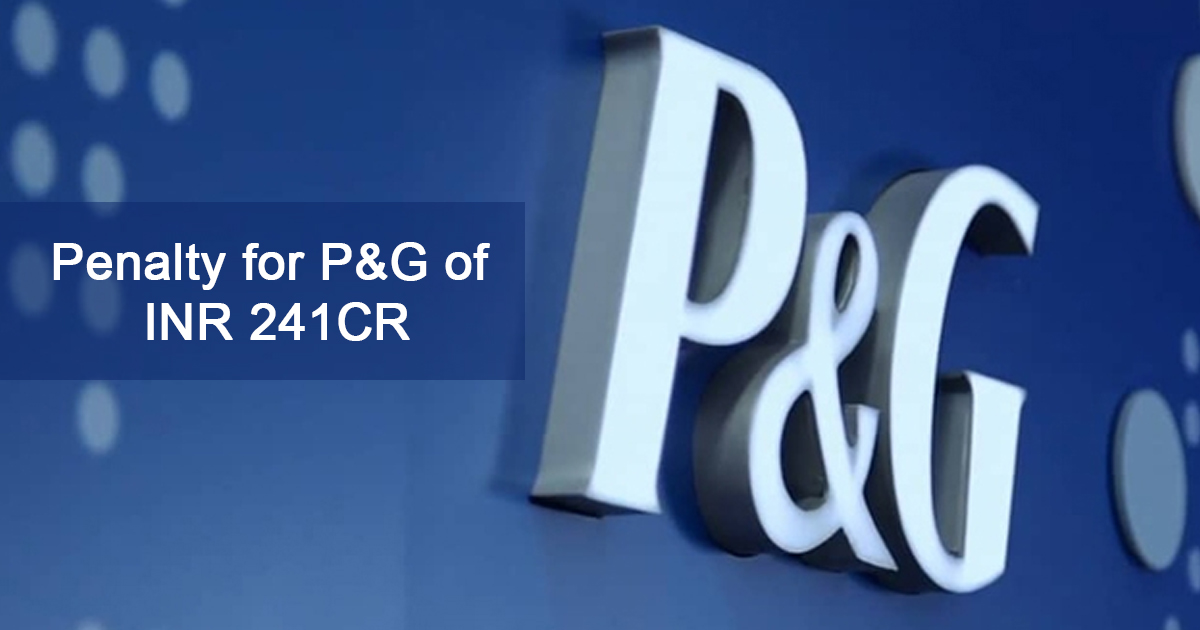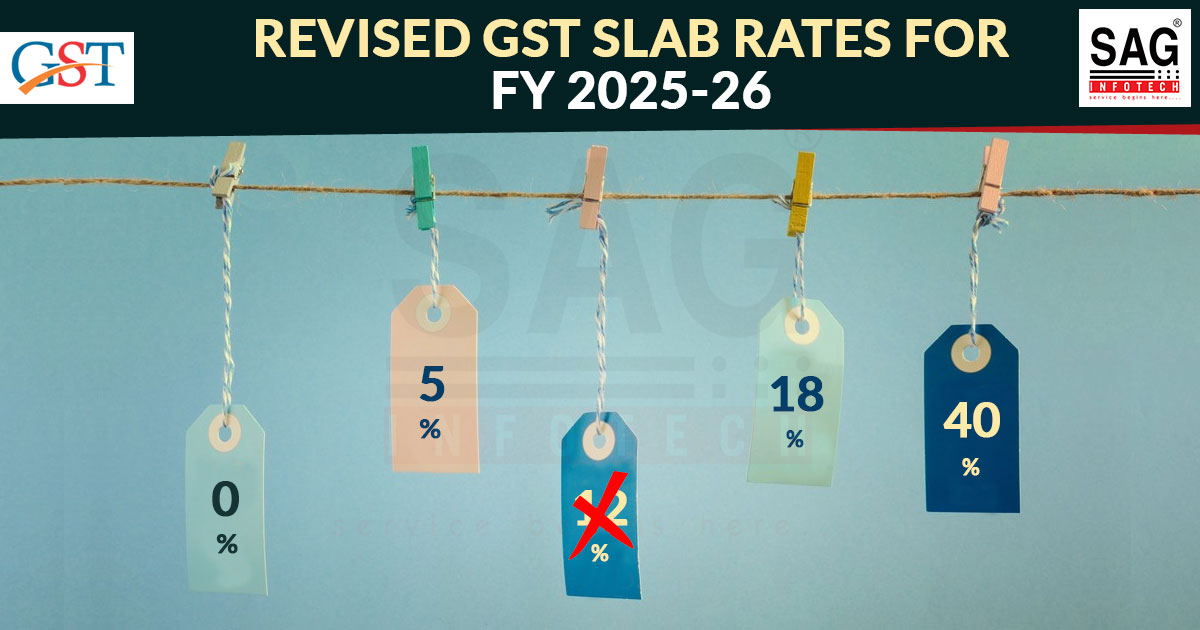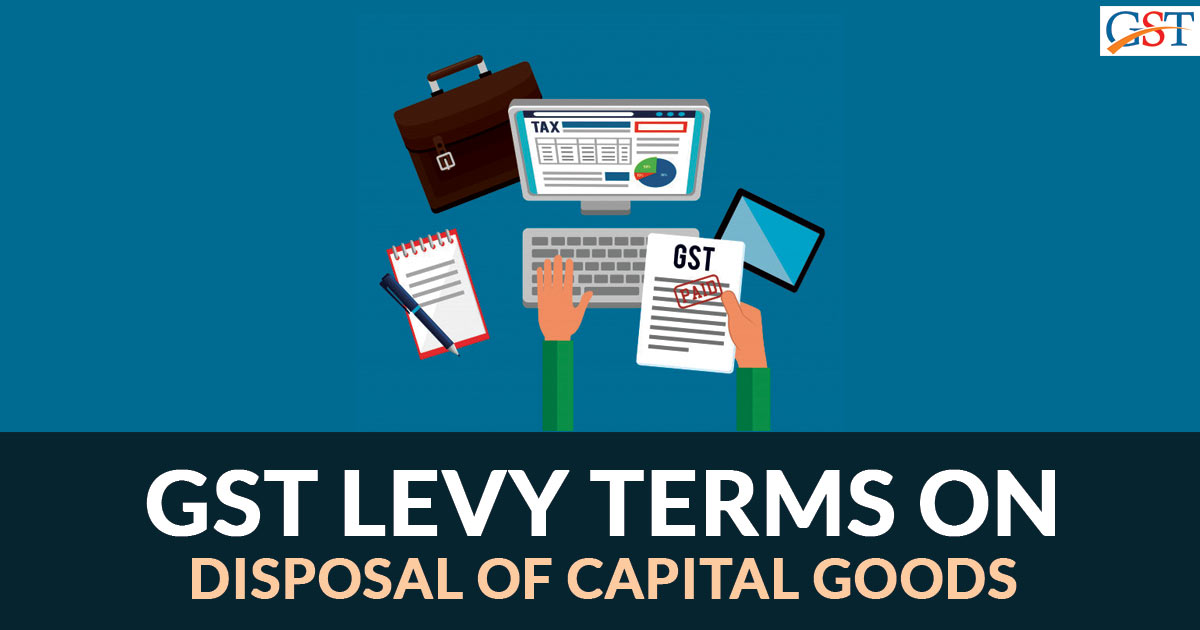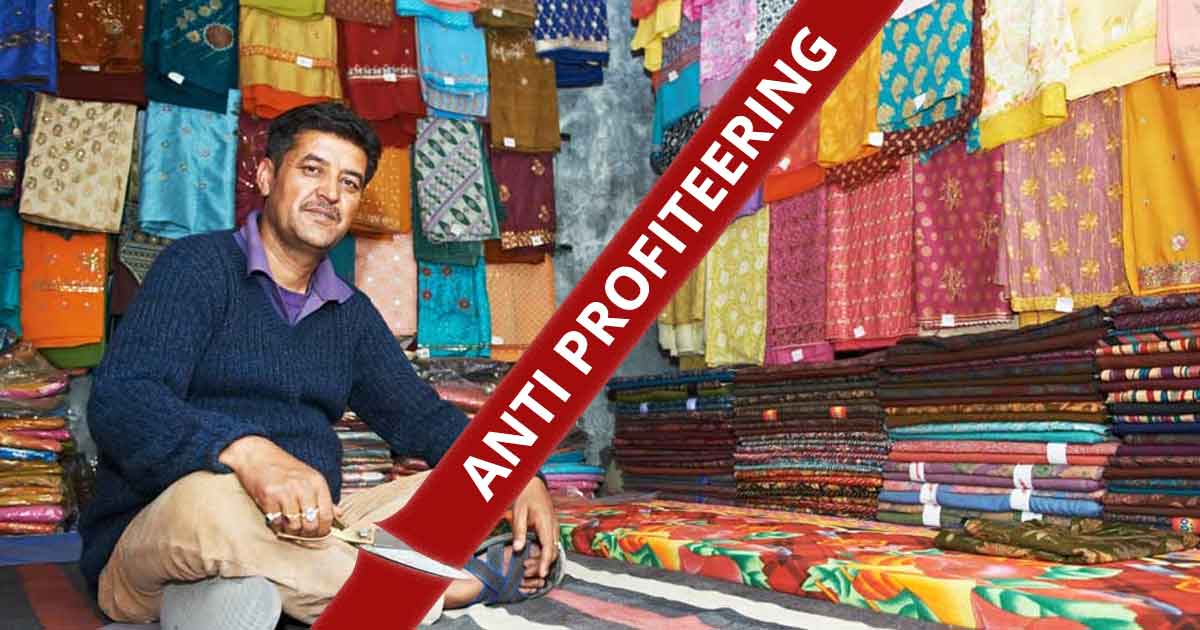While the setback hit the market of multinational giant Procter & Gamble, the Anti-profiteering body of GST on Thursday seeks that the company of profiteering. P&G has told to give the amount of INR 241.5 cr.

P&G in turn clarifies to the claims that they had followed all the legal options and works under the law. Against the company, an amount of Rs 243.93 crores has imposed by the NAA. the company has received the FIR in April 2019 by DG Anti-profiteering (DGAP), the NAA supposed that the company was not providing the reduction in GST rate from 28 % to 18 
Moreover, the DGAP also supposed that P&G asks for prices of 1383 goods post to the decline in tax applied to the goods was declared. This was a break of CGST rules that the company has profited with Rs 241.5 crores as a result.
National Anti-profiteering Authority Ruling
NAA suggested that “Respondents have denied the benefit of rate reduction to the buyers of their SKU (Stock Keeping Units) in contravention of the provisions of section 171 (1) of CGST Act, 2017
Get to know about GST levy terms on disposal of the company’s capital goods under the CGST Act 2017. Also, we mentioned GST on the disposal of capital assets, if no ITC is claimed on capital goods. Read more and they have resorted to profiteering.” 
In its order, NAA makes it important that half of the amount of Rs 241.5 cr has to be deposited in the central consumer welfare fund (CCWF) and the left with 33 consumer welfare fund of several states and union territories.
NAA indeed states that the amount needs to be deposited including with 18% interest applicable w.e.f from the date of the profiteered amount given by the company till the date of deposit. These products were given to various normal customers who are not recognized and there will be no more amount charged to get refunded to them.
The disputes were not closed for the world giant company as the profiteering is seen by National Anti-profiteering Authority (NAA) 
DGAP Says to Consumer Ministry
The ministry of consumer affairs held that it is to examine the reason why the sticker which tells the price deduction after the rate cut was not get fixed on the relevant stock. DGAP had avails that the credentials given for the scrutiny by P&G reveal that “invoices raised by the company’s trade partners pertained to the ‘sales promotion’ services which were reimbursed to them. The invoices did not indicate that they were related to passing on the benefit of reduction in the GST rate from November 15, 2017”.
The dispute of the company is that the base price is enhanced to balance the rise of the cost of production and raw material cannot receive it since the rise in inputs had not happened in one day to coincide with the GST rate cut said said DGAP to NAA 
P&G clarified that it passes on the rate cut to consumers via a consumer promotion policy. Initially, the DGAP had sought the profiteering amount of over Rs 243.93 crore. The same was reduced to Rs 241.5 crore by the NAA in its ruling after due scrutiny.
P&G: There is No Violation of an Order
“As a responsible corporate, P&G has entirely passed on the net commensurate benefit under GST to the recipients.” said the speaker for procter and Gamble P&G.
“The Company communicated the benefit through advertisements to spread awareness among consumers, shoppers and retailers,”
“The company stated that it along with the industry, has been requesting the authorities to bring out a clear set of rules and regulations to eliminate ambiguity and complexity in this area. The company will review the order by NAA, and assess all possible legal options. We are hopeful that our stand will be vindicated.”








